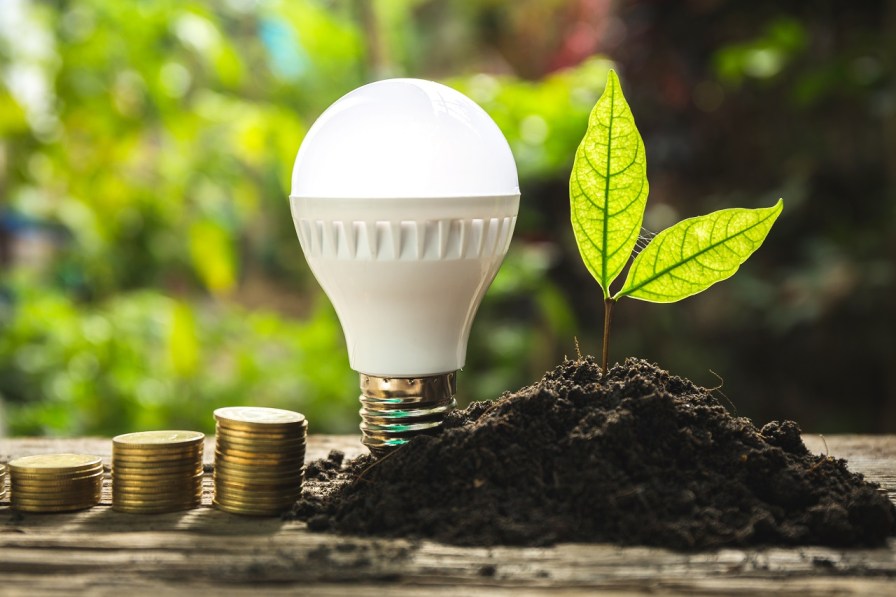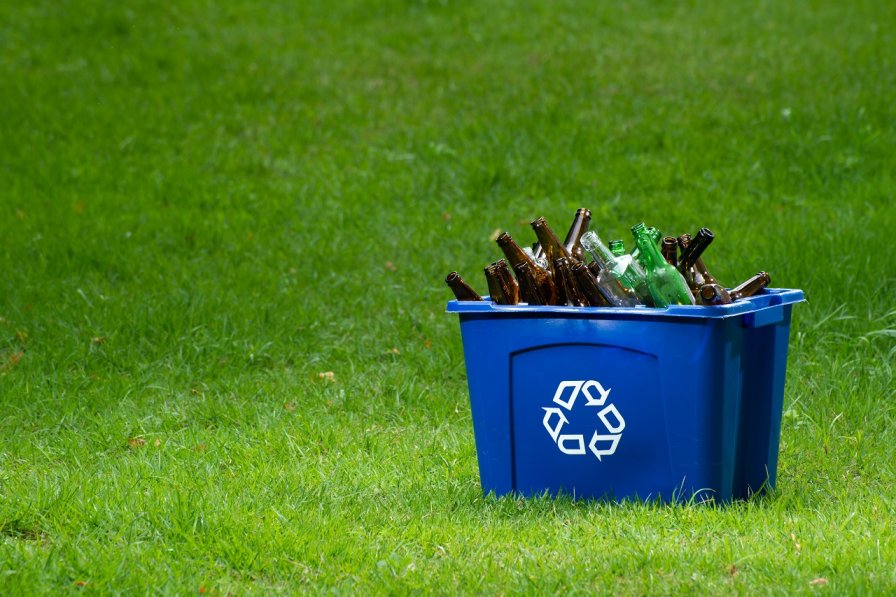The Benefits of Recycling
- By jon davis
- 30 Jun 2017

The Benefits of Recycling
Many of us go about our lives, blissfully unaware of the effects of how our actions affect the environment. The waste that is produced in the course of everyday living has consequences for the world around us, from our rivers to the air we breathe. So, what can be done? We can reduce the amount of waste we produce in the first place, and we can recycle and reuse more items. The Earth’s resources are not infinite, we need to live more sustainably.
The benefits of recycling
There are many benefits of recycling, and they fall into two categories; environmental and economic benefits.

Environmental benefits:
Recycling conserves natural resources and materials
Glass
Glass can easily be recycled. It is sorted, decontaminated and melted to make new objects such as bottles and jars. Recycling glass uses less energy than producing a completely new product. Recycling one glass bottle can save enough energy to power a lightbulb for 4 hours.
Metal
It takes less energy to make new products from recycled metals, and aluminium is a valuable and versatile metal to recycle.
Paper
Paper is broken up into small pieces and used to make new sheets of paper. This requires much less energy than making an entirely new product. Unlike glass, however, paper can only be recycled so many times. It can be used as fuel or compost when it can no longer be recycled. Every tonne of paper that is recycled saves around 17 trees.
Plastic
If we recycle plastic, less crude oil gets used. Crude oil is a raw material needed to make plastic, and it’s running out. An estimated 300,000 tonnes of plastic shopping bags end up in landfill or discarded elsewhere. Because plastic bags take so long to decompose, they can be harmful to wildlife and plastic can seep into the soil and into our waterways. Plastic bottles are a similar blot on the landscape. If these are recycled, they can be turned into new bottles and many other products.
Recycling protects natural habitats and wildlife
The less paper we use, the less trees are felled, the less plastic and glass we discard, the less wildlife will be harmed. We need to look after the planet and its natural resources for future generations.

Recycling saves energy
Recycling materials like aluminium and paper uses up much less energy than it takes to new products. Generally, making new products from recycled materials uses less energy and water, and causes less air and water pollution.
Recycling reduces carbon emissions
A national recycling rate of 30% could reduce greenhouse gas emissions massively. In fact, the resulting reduction could be the equivalent of taking 25 million cars off the road. Less landfill equals less methane production, and less damage to the environment.
Recycling reduces landfill
Landfill causes soil and water pollution, and takes up valuable space. Recycling and composting save around 70 million tonnes of materials from landfill and incinerators each year.
Economic benefits:
Recycling is cheaper than waste collection and disposal
Thousands of businesses have saved money by implementing recycling programmes, instead of paying for waste collection and disposal.
Recycling creates jobs
Every time the public sector invests in recycling initiatives, it creates private sector jobs. For every person employed to collect recycling, around 26 jobs are created to sort the materials and make them into new products.














